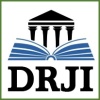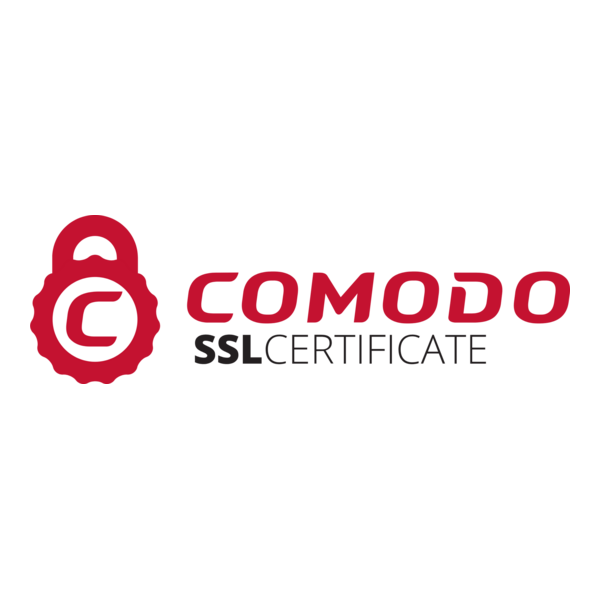Focus and Scope
The focus and scope of the journal EduBiologia Biological Science and Education Journal includes pure biology and biology education. In detail, this coverage includes:
- Pure biology which includes biotechnology, ecology, microbiology, genetics, botany, zoology, cell biology, applied biology, biochemistry, and other biological studies that are relevant to biology in a broad sense.
- Biology education, including curriculum, instruction, and assessment of Biology, research method in education and biology, conceptual construction, thiking skills, and scientific literacy on Biology, learning media, tools, and modules development, pedagogical content knowledge for Biology.
Section Policies
Cover
Peer Review Process
Peer Review Process
Articles must be written in Indonesian, but abstract must use the Indonesian and English version. Please refer to the document template in Template EduBiologia-Biological Science and Education Journal that also available on Sidebar. The main text of a manuscript must be submitted as a Word document. Manuscripts will be first reviewed by editorial boards. All submitted papers are subject to a double-blind review process. Articles submitted to this online journal will be peer reviewed by at least 2 (two) reviewers. The reviewers give scientific valuable comments improving the contents of the manuscript.
After the manuscript is submitted by the relevant author through an online submission process, the journal editor screens the manuscript and decides whether to continue the review process or not. Only after completing the initial review will the manuscript be sent to a peer reviewer. Fundamental to the initial screening is the relevance of the paper to the journal scope; the paper format, and the authenticity of the manuscripts which will be checked immediately after online submission. Papers with less than 25% similarity will be accepted and further reviewed; 25-35% need to be revised by the author, and more than 35% will be rejected. The results of the screening will be notified to the authors via email.
Finally, journal editors consider peer reviewer reports and make the final decision to accept or reject the manuscript for publication. Accepted articles will be available online following the journal's peer review process. Authors will be notified by email about the status of their papers or they can access them online.
Publication Frequency
EduBiologia: Biological Science and Education Journal is published twice a year, January and July. Each edition consists of 10-15 articles. Journal articles will be published collectively with their own Table of Contents, or each manuscript will be published as soon as the manuscript is ready.
Open Access Policy
EduBiologia-Biological Science and Education Journal is an open access journal under licence CC-BY-NC. In other words, this journal provides immediate open access to every article on the principle that making research freely accessible to the public; It supports a greater global exchange of knowledge; and an invaluable way to boost the visibility and impact of research. The journal it's free availability on the public Internet, permitting any users to read, download, copy, distribute, print, search, or link to the full texts of these articles, crawl them for indexing, pass them as data to software, or use them for any other lawful purpose, without financial, legal, or technical barriers other than that inseparable from gaining access to the Internet itself.














